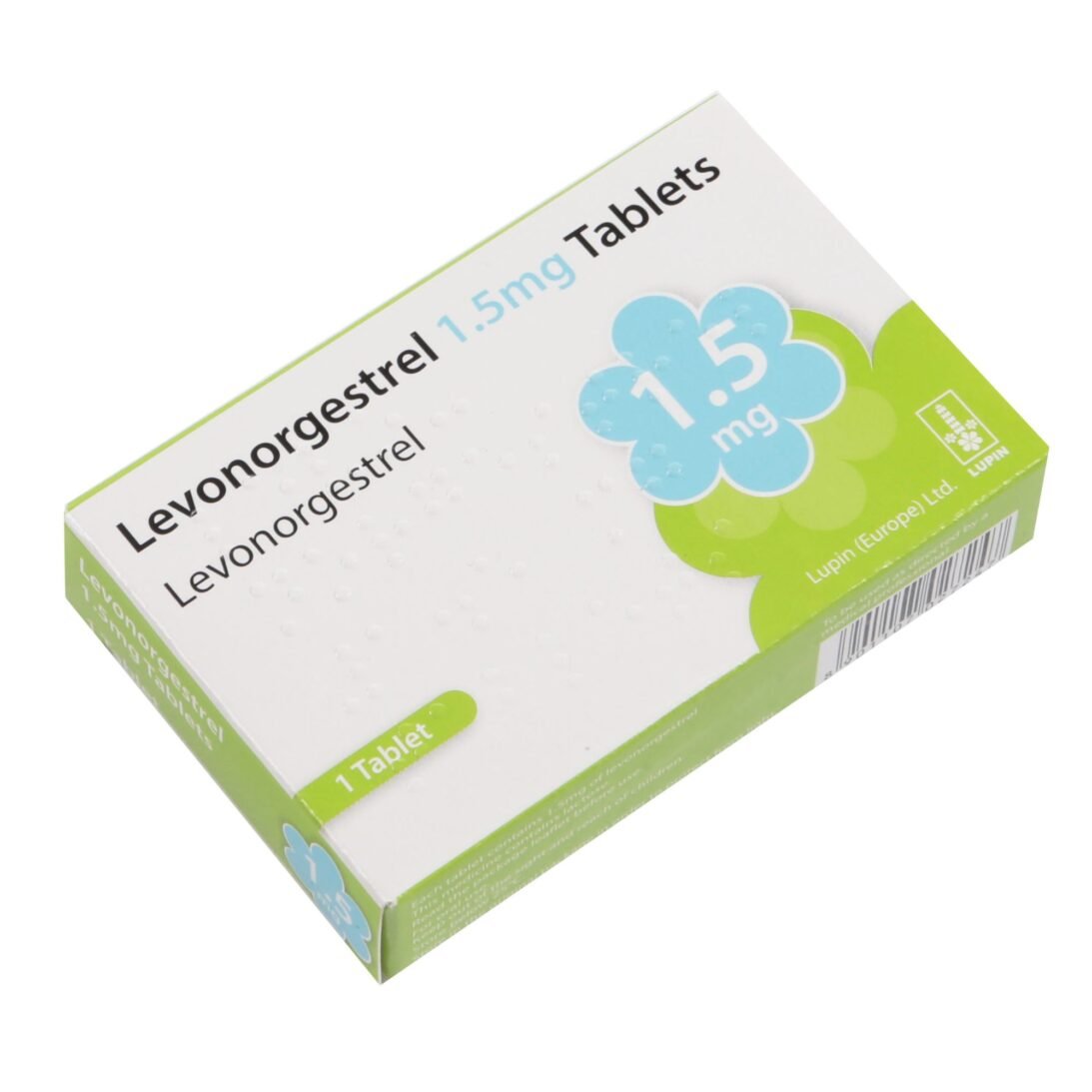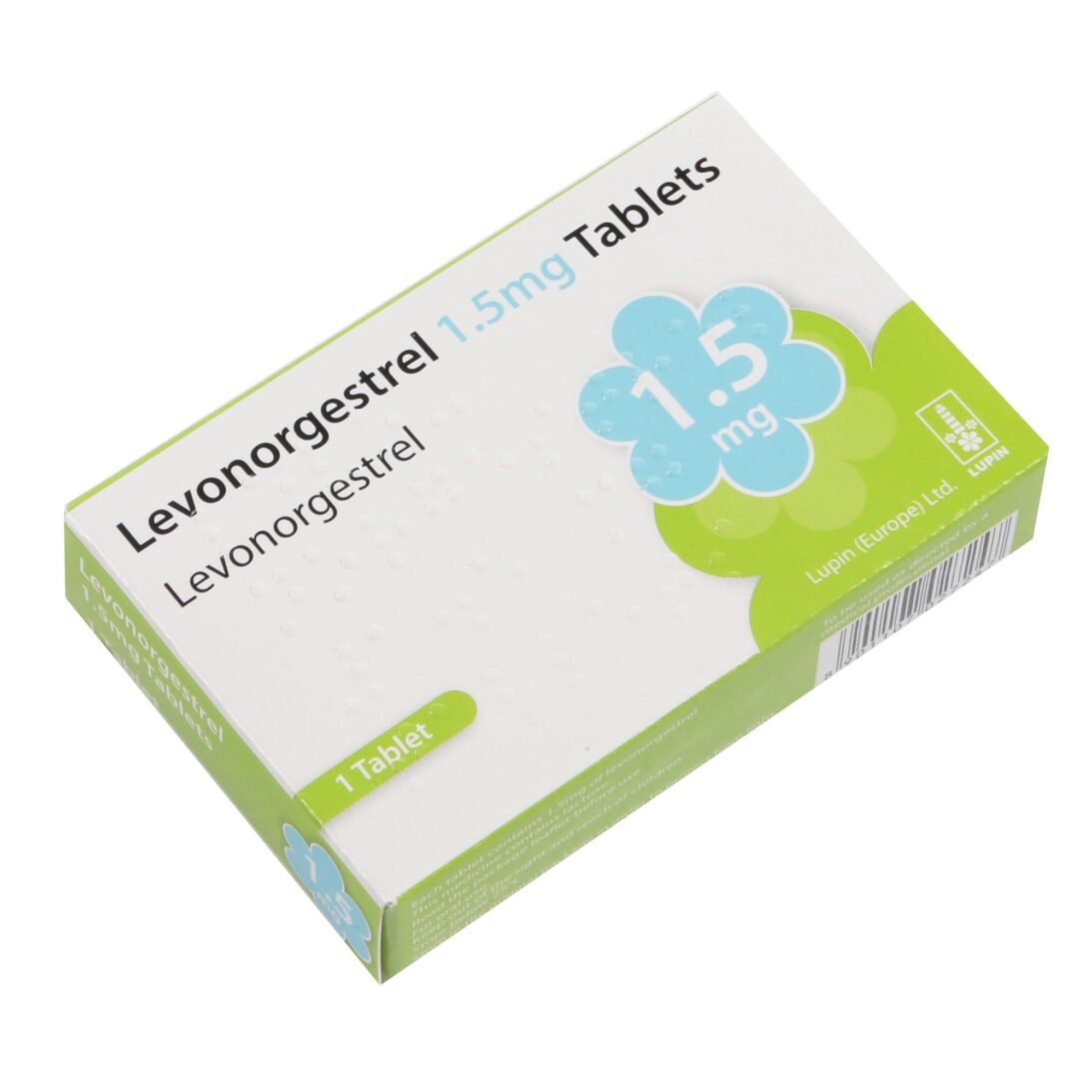Taking Post-Pills: The Good, Bad And Ugly

Post-pills, often referred to as emergency contraceptives, are a go-to solution for preventing pregnancy after unprotected intercourse. Although widely available and effective, these pills can cause temporary side effects that users should be aware of. This article breaks down how these pills work, their possible side effects, and why informed usage is key, especially for Ghanaian women seeking clarity on reproductive health.
How Post-Pills Work

Post-pills like levonorgestrel (Plan B) and ulipristal acetate (Ella) are designed to delay ovulation, reduce the chance of fertilization, or prevent implantation of a fertilized egg. For optimal effectiveness, levonorgestrel should be taken within 72 hours, while ulipristal can be taken up to five days after intercourse. However, it’s essential to note that these pills cannot terminate an existing pregnancy, setting them apart from abortion pills.
Common Side Effects

- Though safe for most users, emergency contraceptives can cause mild side effects. Some of the most frequently reported issues include:
1.Changes in menstruation: Some users experience early or delayed periods, and in some cases, heavier or lighter bleeding than usual.
2.Nausea and vomiting: Mild nausea is common, and if vomiting occurs within two hours of taking the pill, another dose may be required.
3.Headaches, dizziness, and fatigue: These symptoms usually resolve within a day or two.
4.Abdominal pain or spotting: Mild cramping or spotting can occur but is not typically severe.
While these symptoms are generally not serious, it is advisable to contact a healthcare provider if they persist or worsen.
Risks and Considerations
- Post-pills are not intended for frequent use as a primary contraceptive. Some factors to consider include:
1.BMI and effectiveness: Studies show that emergency pills may be less effective in women with a higher body mass index (BMI), with alternatives like intrauterine devices (IUDs) being recommended in such cases.
2.Drug interactions: Certain medications, including those for epilepsy and HIV, can reduce the effectiveness of post-pills.
3.No STI protection: Post-pills do not protect against sexually transmitted infections (STIs), reinforcing the importance of condom use for comprehensive sexual health.
Availability and Costs in Ghana




In Ghana, post-pills can be purchased at pharmacies without a prescription, making them accessible to a wide audience. However, costs may vary, with branded versions being more expensive than generic options. Health insurance and public health programs may offer coverage or subsidies for these pills, which is especially important for students and young women.
Conclusion
Post-pills offer a safety net for unintended pregnancies, but they come with limitations. For Ghanaian women, knowing when and how to use these pills is crucial for both effective contraception and maintaining reproductive health. Consulting a healthcare provider can also help identify longer-term contraceptive options better suited to individual needs.
Being aware of potential side effects ensures that users can take control of their health and well-being without unnecessary worry.
Read More: Does Size Matter? Secret Tips To A Great Sexual Experience















